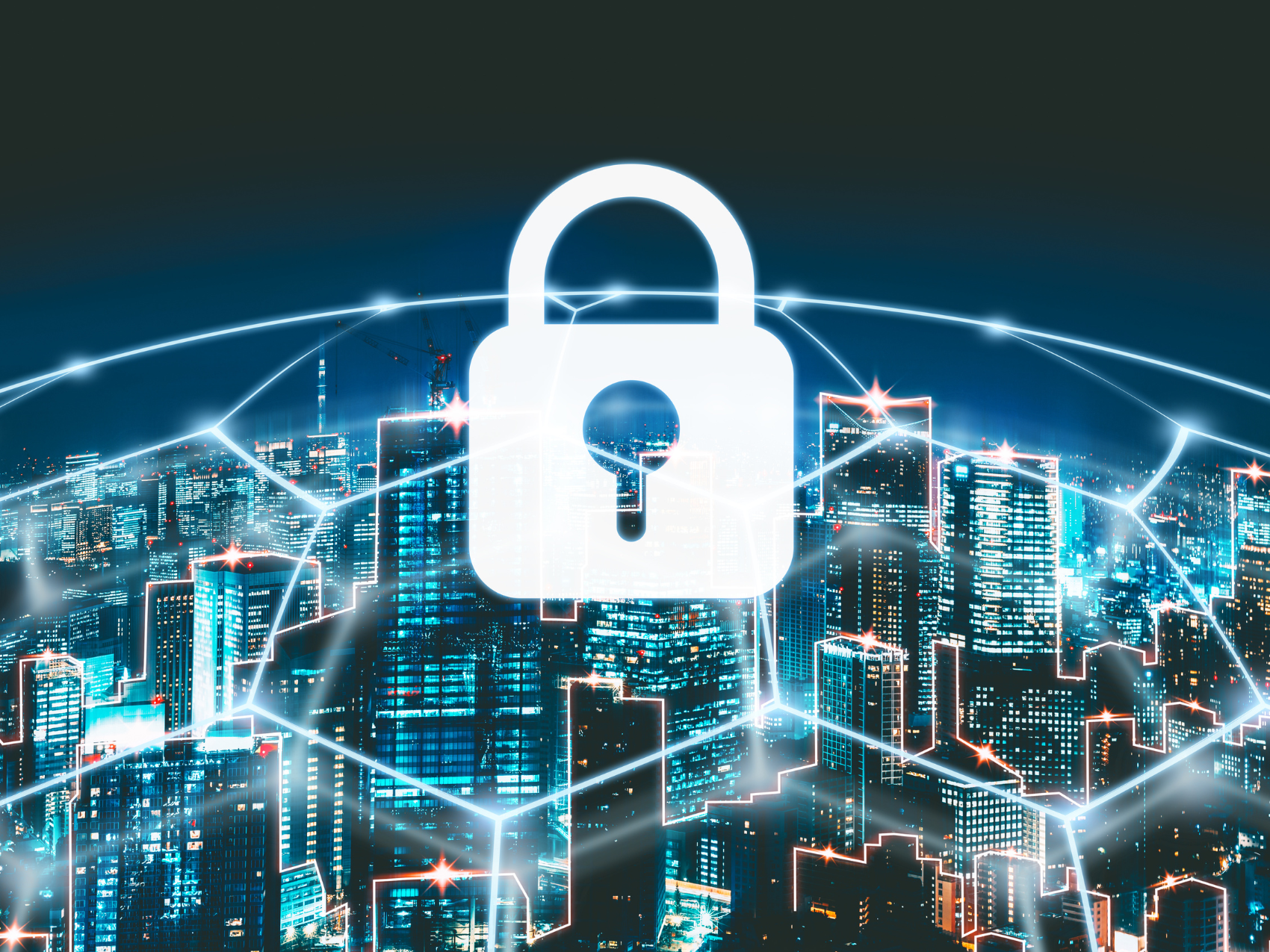
The internet has taken over the world already, with almost every individual connected to the network. Unfortunately, that also means there are more people prone to online crimes. According to general internet security statistics, 46% of women and 37% of men stated they have had their social media accounts hacked.
Online safety is essential when you’re browsing. If you’ve never thought of protecting yourself online before, follow these steps to streamline your process.
Set a Reliable Password
Since the beginning of the digital age, passwords have become strongholds of online security. Creating a good password is paramount in device management, browsing the internet, or using various payment methods.
General password creation rules are:
- Use at least 12 characters;
- Include numbers, capitalization, and symbols;
- Opt for a sentence instead of a random letter combination;
- Dedicate unique passwords to every new occasion;
- Do not use sequential numbers.
Utilize a Password Manager
Password managers might sound scary, but in reality, it’s an incredible safety tool that can turn your world upside down. A good password manager will generate and keep your combinations automatically. You don’t have to remember or write down your passcodes anymore. This tool will do it for you. All you keep in your head is one master lock to the list of other passwords, and the manager will input them all for you when needed.
The best part is that this tool is created and adapted for many different operating systems, so you can get a password manager for Android, not just computer OS. It will also work on different devices simultaneously if you get an account.
Add Two-Factor Authentication (2FA)
As you traverse deeper into the online security landscape, you’ll learn that one password might not be enough to protect your data. That’s the exact reason for many huge companies implementing two-factor authenticationin their systems. This tool adds one more shield to your security.
While some services ask for additional authentication when a new device is detected, others will require you to pass it every time you log in. Usually, that means you’ll receive a code to your phone number or email address.
Organize Your Email Addresses
In this day and age, having an email address means you will receive spam and scam messages (almost) for sure. But how can you understand if the mail you receive is a possible threat? Firstly, you can dedicate separate email addresses to different endeavors.
Your email should only be used for serious matters. This way, it won’t fall victim to unreliable providers. Responsible internet users also link a different email when they create new social media profiles. If one of your emails starts receiving spam, you’ll know who’s to blame for this issue.
Clear Your Cache Systematically
In case you think having intact browser history isn’t going to affect your safety, you’re wrong. Unfortunately, basic browser memory like cookies, history of the links you’ve visited, and other cache can easily spoil your personal information.
Not only can it reveal your phone number and passwords, but it can also tell the cybercriminal where you live! To clear your cookies and browser history, press Ctrl+Shift+Del and choose what you want to erase.
Install a VPN
Let’s say you’re an individual traveling to a different country. What’s the first thing you do when you unlock your phone? That’s right, you connect to a free Wi-Fi network. As much as it’s nice to be able to navigate the new location and text your friends, that Wi-Fi connection could be dangerous. Someone else there, be it the hotspot owner or another user, could utilize that connection to lurk through the files on your device.
That’s why using a VPN is essential every time you use an unknown network. This tool is available not only on computers or phones – you can even find an Android TV VPN for your home network protection, too.
Nonetheless, through a high-quality VPN, you can:
- Hide your IP address;
- Encrypt your internet traffic;
- Watch and read location-based content that’s been previously unavailable;
- Connect to other people securely.
There are quite a few measures you can take to ensure you’re safe while browsing the internet. Firstly, be organized and clean your cache systematically. Then, consider password managers, two-factor authentication, and a VPN for cybersecurity tools starters. Regardless of whether you adopt all of the above or choose only a couple, they will build a strong foundation for your wall of defense against cybercrime.
Join The Discussion: